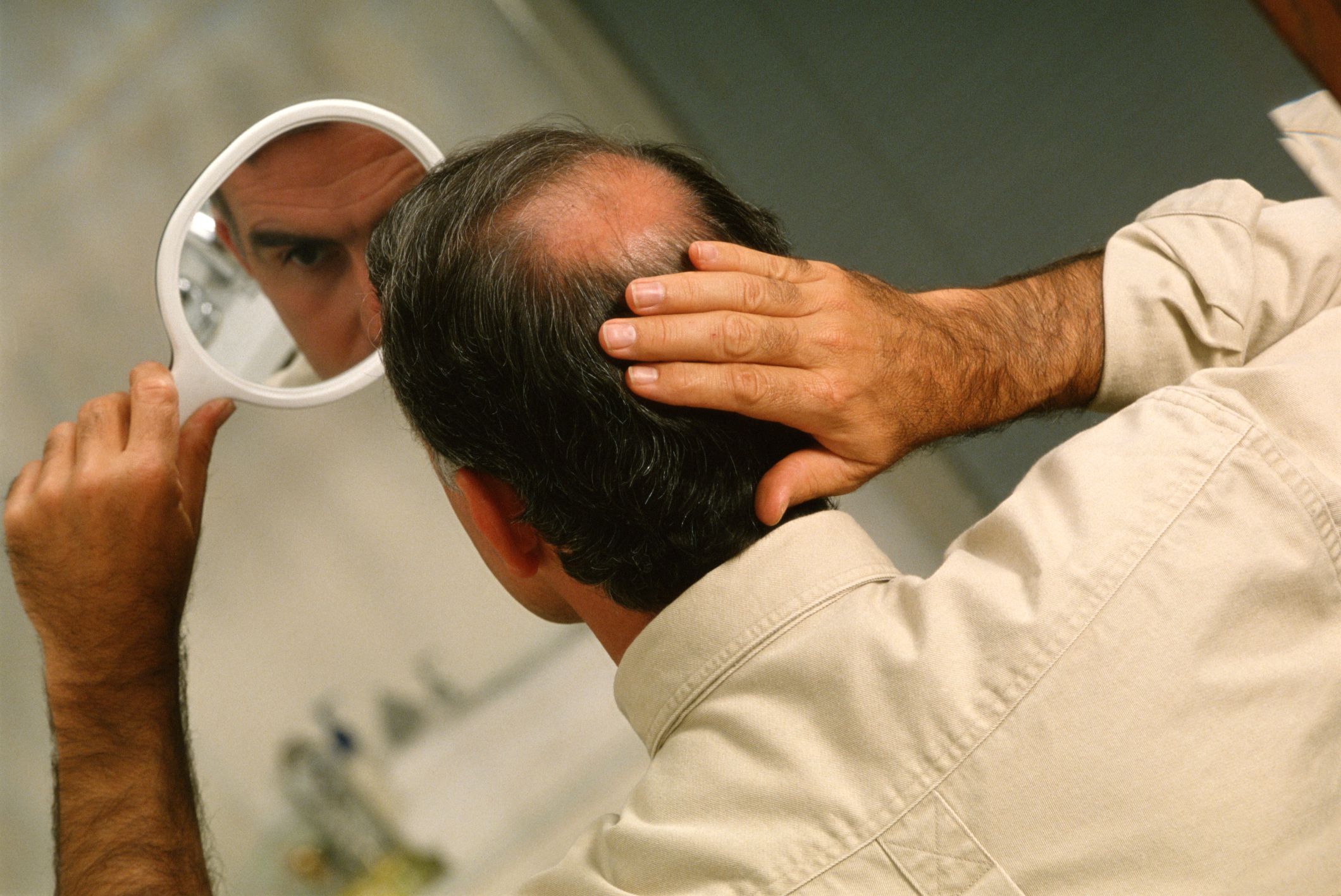As the saying goes, your skin and hair are a reflection of your health. If you fail to consume a proper diet or do not manage your stress levels well, your hair will ultimately suffer. It will appear weak and malnourished.
While acne and weight gain are some of the negative effects of poor nutrition, the most terrifying of all is hair loss. Unhealthy eating habits are most likely to adversely affect your hair.
Diet and Hair Loss Connection
A diet that is rich in nutrients and vitamins replenishes your hair and gives it the vitality it needs. Furthermore, you don’t just require a balanced diet for healthy hair and skin, but plenty of water too.
If your diet lacks certain minerals and vitamins, it will slow your hair growth and deteriorate its appearance. Most importantly, you need to provide your body with plenty of vitamins, like A, C, and E, for a healthy scalp.
What Vitamins Benefit Your Hair the Most?
Foods rich in vitamins A, C, and E are citrus fruits, leafy green vegetables, dairy foods, and fish liver oil. Other vitamins that benefit your hair and prevent hair loss include vitamins B5, B6, B12, and biotin. These nutrients are present in vegetables, egg yolk, brewer’s yeast, and whole grains.
If you fail to provide your body with adequate nutrition, you deprive your hair of nourishment it needs to thrive. Most people can dramatically improve their hair’s health and appearance with just a few small dietary changes. In many cases, if people address their diet deficiencies in time, they can successfully stop their hair loss problem and strengthen their hair.
What Essential Nutrients Does Your Hair Need to Stay Healthy?
The most important nutrients for preventing hair loss are Omega-3 fatty acids. These fatty acids work to protect and nourish your hair, aid in new hair growth and bring a glossy shine to your hair. Some good sources of Omega-3 fatty acids are chia seeds, walnuts, soybeans, and flaxseeds, among others.
Vitamins B and D are essential too because they help produce red blood cells. Vitamin B produces red blood cells that carry nutrients and oxygen to your hair follicles and scalp, stimulating hair growth. The best sources for B6 are potatoes and bananas. In addition, you must consume sufficient portions of dairy products and meat for vitamin B12, as well as tomatoes and citrus fruits for folic acid.
Vitamin D is also necessary for keeping your hair, bones, and skin strong. Certain studies even suggest that a deficiency of Vitamin D in your body leads to definite hair loss, with hair falling at a faster rate than its growth. The best sources of vitamin D are egg yolks, liver, fortified foods, fatty fish, milk, and others.
Other essential nutrients for your hair are proteins, trace minerals, and iron. If your body lacks protein, your hair will grow to be weak and brittle. The best sources of protein are animal products such as eggs, fish, and meat. You can also derive protein from plant products such as grains, lentils, beans, and nuts.
Iron deficiencies also contribute to hair fall problems. Red meats, fish, and poultry are great sources of iron for your body to absorb. You can also consume iron from plant sources such as potatoes, dark leafy greens, lentils, and beans. A lot of bread varieties and cereals contain large amounts of iron as well.
Other essential elements for your hair include selenium and magnesium, zinc, copper, and iodine. You can also ask your doctor to prescribe a daily multivitamin for you to ensure that your body gets those minerals and vitamins that your hair most needs.
Some Helpful Tips
- It is important to eat a well-balanced, healthy diet and avoid intense levels of stress. Ironically, many people assume that a healthy diet is one that consists mainly of vegetables and fruits. Consequently, they consume fewer proteins and calories, expecting their hair to not face any consequences of poor nutrition. You need to realize that a balanced diet contains all nutrients, including minerals, iron, vitamins, and complex carbohydrates.
- Meats, most especially the red variety, must be an essential component of your diet. This is because meat products contain rich amounts of ferritin, a stored iron that essentially creates the hair protein cells in your body.
- You can use a laser cap to increase hair growth and thickness. Laser caps are currently very popular in the hair loss industry because of their effective, non-invasive technology. These caps contain low-level light therapy technology to help those experiencing age-induced or genetically responsible hair loss.
- If you suffer from ferritin deficiency, you will see some effects of it in your hair. It stops the growth of new hair cells. Most vegetarians, vegans, and those who willingly abstain from red meats are vulnerable to this condition.
- If you are a vegetarian, you must supplement your diet with yogurt, milk, cheese, and other protein sources.
- Our hair is mostly made of keratin, which makes it important for you to consume protein for hair growth. In cooking, you should use poultry breasts that are skinless, heart-healthy, and low fat because they are particularly rich sources of protein, zinc, and iron.
- When taking salads or sides, add soybeans, cauliflower, peas, and carrots. All of these are wonderful sources of folate, biotin, and B6. These help to reduce hair loss problems and encourage growth.
Final Thoughts:
Be cognizant of the foods you are eating and how it is affecting your body. A poor diet does affect your hair growth. The good news is that you can set this problem right by correcting your deficiencies, incorporating a balanced diet into your daily routine, and use methods like laser therapy to boost hair growth.

Leave a Reply